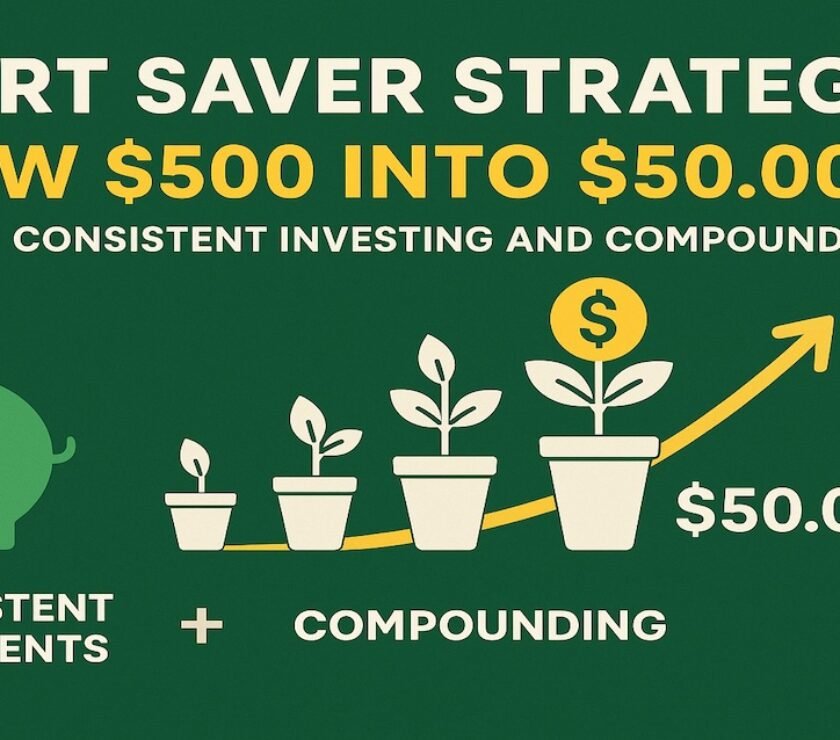Why do the rich keep getting richer? It’s not just luck or high-paying jobs—it’s a strategy. While the middle class often focuses on saving and budgeting, the wealthy play by a different set of financial rules. Affluent individuals optimize mortgage debt. They also invest in income-generating assets. The wealthy manage money with long-term growth and wealth preservation in mind. We will break down how the wealthy manage their money differently from the middle class. I’ll show you what you can start doing today to bridge the gap.
Introduction to Wealth Strategies
The financial habits of the wealthy aren’t about penny-pinching—they’re about power plays. Here’s what separates their money mindset:
- They use debt as a tool, not a trap.
- They diversify income streams.
- They prioritize investments over savings.
- They surround themselves with financial advisors.
Mortgage Mastery: A Wealth-Building Tool
How the Wealthy Leverage Mortgage Debt to Grow Richer
Most middle-class households view their mortgage as a burden to be paid off quickly. But the wealthy? They see it as cheap money that can be redirected toward higher-yield investments. According to a CNBC study, wealthy homeowners are more likely to carry mortgage debt. It’s not because they can’t pay it off. It’s because they don’t want to.
- Low-interest mortgage debt is leveraged for investment returns.
- Home equity is tapped for business or real estate investments.
- Tax advantages are fully utilized.
Save Money on Your Mortgage Like the 1%
Here’s how the top earners optimize mortgage costs:
- Refinance when rates drop, not just when budgets tighten.
- Choose mortgage products that offer flexibility, like interest-only loans.
- Use offset accounts or invest the savings instead of making extra payments.
The Wealthy Manage Money Like Millionaires
Wealthy People Prioritize Assets That Work for Them
Affluent people don’t do what consumers do, they put their money into income-producing assets:
- Real estate
- Index funds and dividend stocks
- Private equity or venture capital
- Businesses they own or have equity in
Warren Buffett once said, “If you don’t find a way to make money while you sleep, you will work until you die.” The rich take this to heart.
The Mindset Shift That Makes All the Difference
Long-Term Thinking Over Short-Term Gratification
- They delay gratification to fund investments.
- They view financial education as essential.
- They focus on net worth, not just income.
Call to Action: Ready to think like the wealthy? Subscribe to our newsletter for weekly insights on smart money moves, mortgage hacks, and long-term wealth building. Share this article with someone ready to change their money mindset.
Closing Summary:
The gap between how the wealthy and middle class manage money is wide—but not unbridgeable. Understand how the wealthy utilize tools like mortgage debt. Learn about strategic investing and financial planning. Then, begin reshaping your own financial future. It’s not just about saving money; it’s about making your money work harder for you.
Sources:
The Mindset Shift You Need to Go from Broke to Wealthy
FAQ:
Q: Should I keep a mortgage if I can pay it off? A: If you can earn more by investing the money elsewhere, it might make financial sense to keep the mortgage.
Q: What’s the biggest difference in how the rich save money? A: They invest first and save second, using their money to generate returns.
Q: How can I start investing with a small budget? A: Start with index funds, robo-advisors, or real estate crowdfunding platforms that allow low minimums.
Financial Disclaimer: This content is for informational purposes only and should not be considered financial advice. Please consult a licensed financial advisor for personalized guidance.
Tags: wealth building, financial mindset, save money on your mortgage, mortgage strategies, investing, personal finance
Categories: Money Mindset, Mortgage Tips, Investing, Wealth Strategy




